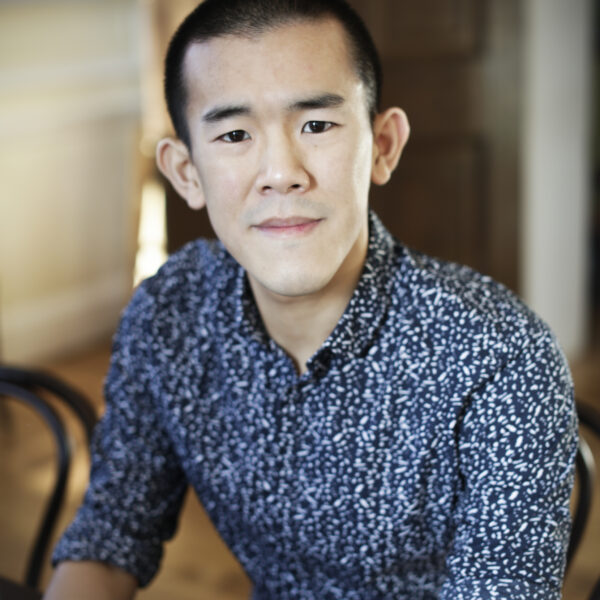Named “the most important and impactful journalist” of 2020 by Poynter, Pulitzer Prize winner Ed Yong is a science staff writer with The Atlantic. He was awarded journalism’s top honor, the 2021 Pulitzer Prize for Explanatory Reporting, for his crucial coverage of the coronavirus pandemic. He anticipated the course of virus, the complex challenges that U.S. faced, and the government’s disastrous failure in its response. An accomplished speaker, Yong brings his vast scientific knowledge and engages his audiences through his insightful conversations about the pandemic, the animal kingdom, the challenges of science journalism, and more.
Back in 2018, award-winning science writer Ed Yong warned readers about the dangers an infectious disease outbreak would pose to public health in the United States. He had foreseen the country’s fragility in preparing and responding for an epidemic, from the chronic underfunding of healthcare and shortage of medical supplies to President Donald Trump’s inadequacies as a leader. When COVID-19 broke out in the United States in March 2020, Yong projected the repercussions if and when the virus become a national issue. Throughout 2020, he continued his exemplary reporting on the coronavirus pandemic, giving a full account of what went wrong, concluding that “almost everything that went wrong with America’s response to the pandemic was predictable and preventable.” Now, Yong discusses the pandemic’s impacts, resets expectations for the end of COVID-19, and maps out a path forward for the country.
For his exemplary coverage of the pandemic, Yong has also won the George Polk Award for science reporting; the Victor Cohn Prize for medical-science reporting; the Neil and Susan Sheehan Award for investigative journalism; the John P. McGovern Award from the American Medical Writers Association; and the AAAS Kavli Science Journalism Award for in-depth reporting.
Yong is also passionate about other areas in science. He is the best-selling author of I Contain Multitudes: The Microbes Within Us, a groundbreaking, informative, and entertaining examination of the relationship between animals and microbes. His second book, An Immense World, will take a comprehensive look at the fascinating sensory worlds of animals. In addition to The Atlantic, his work has appeared in National Geographic, the New Yorker, Wired, Nature, New Scientist, and Scientific American, among others.
View: The Future of Media

